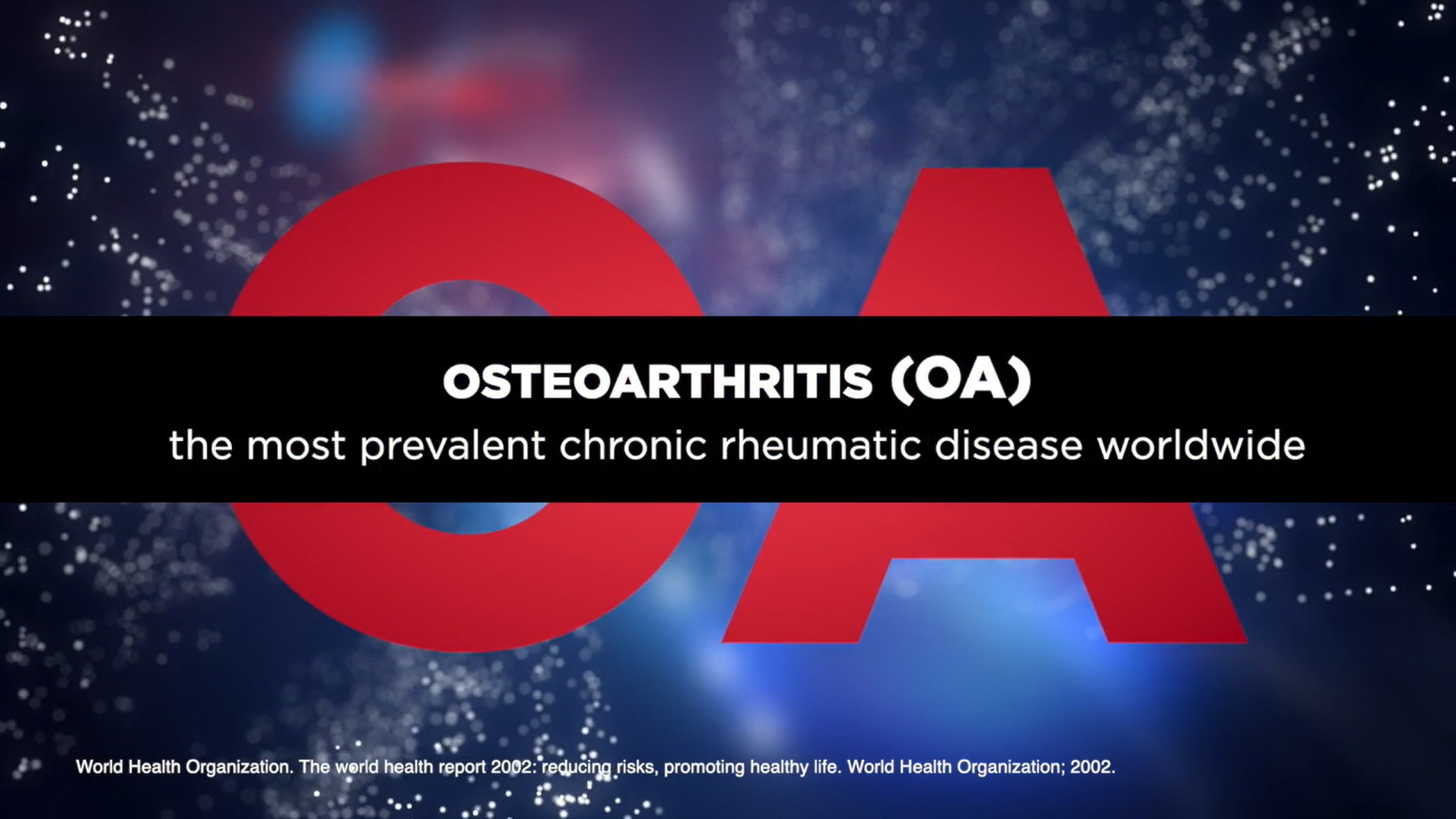Abstract
This preliminary clinical study demonstrates the possibility of a new species of probiotic for improvement of the degeneration of knee osteoarthritis (KOA). TCI633 (Streptococcus thermophilus) is a newly founded bacterium from human breast milk, and it is able to produce hyaluronate (HA) in gastrointestinal (GI) tract. A recent study has proved that TCI633 can substantially alleviate synovial tissue inflammation and cartilage damage in the animal models, but so far it has never been applied in clinical intervention. In this study, we recruited 80 subjects and conducted 12 weeks clinical trial to validate the efficacy of TCI633 for improvement of the progression of KOA. TCI633 could improve serum collagen type II C-telopeptide (sCTX-II) and serum C-reactive protein (sCRP) by 41.58% and 39.58%, respectively, after the study. The improvement rates for sCTX-II and sCRP in TCI633 group were 54% and 57%, respectively, at 12 weeks. Compared to the results of placebo, the indistinct improvement progresses of sCTX-II and sCRP might be caused by the uneventful distribution of K/L populations between the TCI633 and placebo groups, a short term of study period, and few recruited subjects. Moreover, the results of Western Ontario and McMaster Universities (WOMAC) questionnaires show that TCI633 might retard the progression and development of KOA after the trial. In brief, this preliminary research may provide an alternative approach to the improvement of KOA by probiotics although more detailed investigations should be conducted for solid conclusions.
Keywords
Microbiology
Food microbiology
Aging
Musculoskeletal system
Streptococcus thermophilius
Probiotics
Hyaluronic acid
Knee osteoarthritis
1. Introduction
OA, a common arthropathy, has been identified as the major cause of disability in older people around the world (Wittenauer et al., 2013). Among the populations, 80% of individuals over 65 years old tend to suffer from articular dysfunction caused by OA, especially in women (Salazar et al., 2014; Zhang and Jordan, 2010). Taking Japanese adults (40 years old) as an example, 62.4% of women and 42.0% of men were diagnosed with KOA in 2005 (Yoshimura et al., 2009). As such, OA becomes a critical challenge for worldwide healthcare systems. The onset of OA is associated with chronic cartilage degeneration followed by synovial inflammation and the damage to subchondral bone and/or osteophyte formation (Saberi Hosnijeh et al., 2016). The symptoms of OA are characterized by knee pain, stiffness, loss of function, and limitation of movement (Yu et al., 2018). Possible OA treatment drugs can be categorized into: i) structure repair drugs for reversing the damaged tissues to their original statuses, ii) symptom alleviating drugs for the alleviation of OA symptoms, which helps patients to assuage their knee pains and remain or mildly restore their intrinsic knee functions (Reginster et al., 2001). However, the structure repair drugs are not in place at present, so, more and less, symptom alleviating drugs are the predominant approach to OA management, such as nonsteroidal anti-inflammatory drugs (NSAIDs) and symptomatic slow acting drugs for osteoarthritis (SYSADOA) (Fransen et al., 2015; Cho et al., 2019). Of these drugs, glucosamine and chondroitin are widely employed in intervening in OA progression (Ng et al., 2012). Although the exact etiology of OA is unclear, some probable theories have been proposed to elaborate on the progression (Nguyen et al., 2017). At the early stage, micro- or macro-injury somehow impairs the chondrocyte metabolism by inhibition of collagen synthesis and up-regulation of the proteolytic enzymes (i.e., matrix metalloproteinases), which result in chondrodegradation (Rose and Kooyman, 2016). Further, the up-regulation of pro-inflammatory cytokines and inflammatory enzymes (e.g., interleukin 1 (IL-1), cyclooxygenase 2 (COX-2), tumor necrosis factor alpha (TNFα)) in synovial fluid may be elicited in the presence of degraded collagen and proteoglycan fragments (Pelletier et al., 2001). The inflammatory response is possible to exasperate cartilage degradation and inflict serious damage to synovium, meniscus, periarticular ligament, and subchondral bone (Mobasheri et al., 2017). Apart from aging, the development of OA is also associated with diabetes and metabolic disorders (Mobasheri et al., 2017).
Reference:
Jia Liang Lyu et al. Oral intake of Streptococcus thermophilus improves knee osteoarthritis degeneration: a double – blind, placebo controlled trial; Heliyon (6) 2020.

